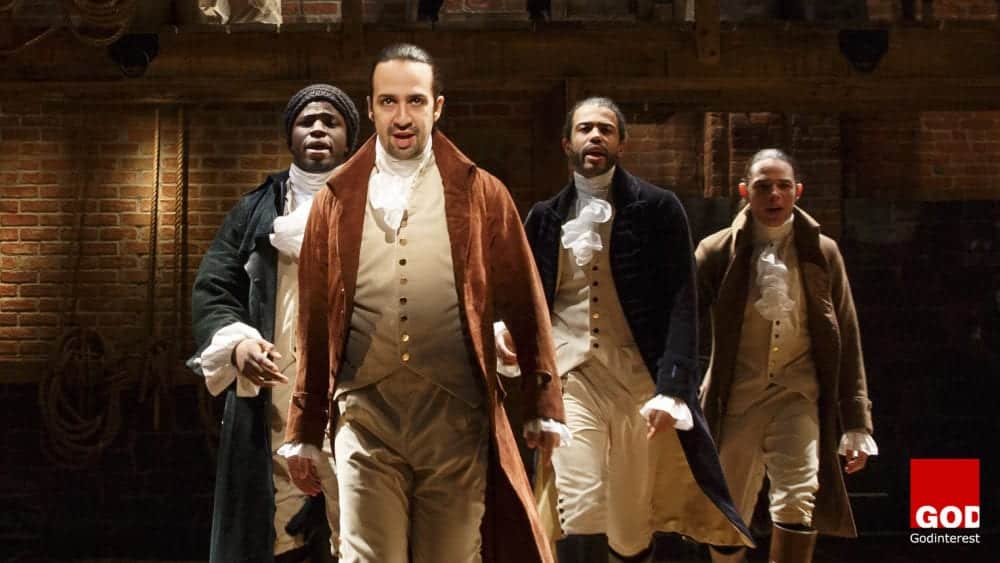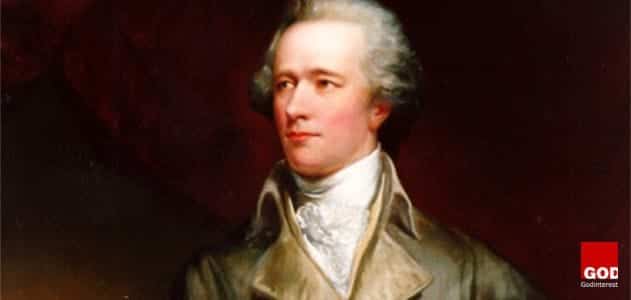When that guy cat-calls you just to get a reaction, what do you do? You ignore him and keep walking.
When that bully pushes all of your buttons just to make you mad, what do you do? you tune them out and move on.
When somebody tries to convince you of something you know 100% isn’t true, you don’t even give it a second thought before you dismiss the argument.
So why don’t we use this tactic against the father of all lies, a.k.a the enemy that is out to destroy your life? Just don’t engage. As soon as you do, he wins. He is cunning, crafty, and manipulative, and he’s only after your heart. He wants to crush it and mutate it and trample it underfoot until there’s nothing left for God to use.
“The thief comes only to steal and kill and destroy…” John 10:10a
I know this isn’t easy. Trust me, I’m a thinker. Overthinking is my second nature, if not my first nature. I have to think through everything, especially when faced with a conflict. If somebody challenges my opinion, my first reaction is to analyze the entire argument…
And it goes on …
and on …
and on.
I think you get the idea. By the way, all of that overthinking happens in about 2 seconds. It’s an intense self-interrogation until I think my way into a solution that makes sense to me, so I can feel at peace with what I believe and move on.
Sometimes this is a really useful skill, but the enemy knows exactly how to use it for my deepest undoing. The problem with using the “overthinking tactic” against Satan is that he doesn’t care about logic. His goal is not to convince me that his argument makes more sense. In fact, he doesn’t even care about what he says. He doesn’t even believe the lies himself.
“You believe that there is one God. Good! Even the demons believe that — and shudder.”
James 2:19
Satan knows God. He knows scripture. He knows what the truth is, and his goal is to keep you as far away from it as possible. He knows the power that God’s word can have in your life and that terrifies him. He will say whatever it takes to get you to question God and doubt His goodness, and the moment you try to reason with him, you’ve fallen into his trap.
I say all of this because I fall into the trap far too often. The devil uses people near and dear to me to convince me of his lies because he knows it works with almost 100% accuracy. Because their opinion matters so much to me, I will over-analyze their every word and body language to my own demise. Something they say – or don’t say – pricks one of my insecurities (unbeknownst to that person), and the trap has been set. Suddenly, I’m hit with an avalanche of thoughts like these:
“They just don’t care enough about you to ask about your day.”
“You’re stupid for thinking ______ would happen.”
“You’re too dramatic, emotional, etc.”
“It’s your fault that you can’t handle this feeling.”
The first step is to recognize the lie. Now, to do this, you have to know the Truth. No, that’s not a typo. I meant Truth with a capital “T” because you have to know God’s Word, and His word is Truth. Once you start to bury His word in your heart, and begin to recognize his voice, you can more easily discern truth from lies.
“These commandments that I give you today are to be on your hearts. Impress them on your children. Talk about them when you sit at home and when you walk along the road, when you lie down and when you get up.”
Deuteronomy 6:6-7
But it doesn’t stop there! That’s where I made my mistake. I thought, “If I recognize the lie, it will become invalid and it won’t sting anymore.”
False.
Satan is more crafty than that, and he was already one step ahead of me. See, he recognized how I use my interrogation process to reconcile a contradicting thought, so he used it against me. He used it to blur the lines between lie and Truth. So he takes me down this rabbit hole to confuse me and muddle the words of God until I feel so lost, confused, and heartbroken that I can’t even remember what lie got the whole thing started to begin with. He knows how I look for the middle ground to make sense of things, but there is no middle ground between what the devil says and what God says.
So no, it CANNOT end with recognizing the lie. You have to take the next step and make the choice not to engage with the lie. Now, if you’re a thinker like me, this will be hard. Like really, really hard. But you have to choose to look the other way. Change your posture to look toward your loving, protective, jealous, Heavenly Father. Tell the enemy you don’t have time for his games. Don’t try to argue with him and tell him why his lie is a lie and why God’s Truth wins, because he already knows it, and he doesn’t care. He’ll just twist everything around until you find yourself lost in a muddy mess of nothing that makes any sense whatsoever.
“So we fix our eyes not on what is seen, but on what is unseen, since what is seen is temporary, but what is unseen is eternal.”
2 Corinthians 4:18
To sum it up…
- Study Truth, that is, the Word of God.
- Recognize the lie, which is not the Word of God.
- Don’t Engage. Choose to meditate on and dwell in the Word of God.
“Keep this Book of the Law always on your lips; meditate on it day and night, so that you may be careful to do everything written in it. Then you will be prosperous and successful.”
Joshua 1:8
This is not something that my genius, overthinking brain came up with one day. This is something that the Holy Spirit whispered to me, and by God’s grace alone, I heard it. I was on the brink of yet another panic attack and fearful of going back down that dark road. I was on the brink of forming another unsuccessful argument for why the lie was a lie and trying to figure out a way to outsmart the devil this time, and the Holy Spirit simply said, “don’t engage with the lie.” Of course I tried to overthink and analyze again, but He didn’t relent. He just kept telling me, “Don’t engage with the lie. It’s not worth it. Just keep looking at Me. Lean on the love of your Father instead of your own knowledge for once.” Hey, that sounds familiar, right?
“Trust in the Lord with all your heart and lean not on your own understanding. In all your ways submit to him and he will make your paths straight.”
Proverbs 3:5-6
So go ahead. Give the enemy the cold shoulder. Hit him with the silent treatment. Then you will taste freedom. Remember the second half of John 10:10…
“…I have come that they may have life, and have it to the full.”
John 10:10b
Go live in the abundant life Christ bought for you. The enemy’s lies are not worth your time, precious child of God.




















